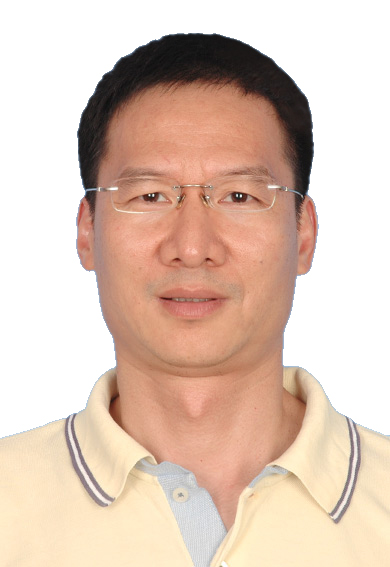报告人:Prof. Wei Lin
时间:2019-5-30(周四)10:00-12:00
欢迎各位老师和同学的积极参加!
Geometric Approach, Lyapunov Analysis and Passivity: How are They Connected to Adaptive Control of Nonaffine Systems and DC Microgrid?
Abstract:
This lecture first gives a brief review on the connection among the classical Lyapunov stability analysis, modern differential geometric control and the notion of passivity from circuit systems. Then, a passivity-based framework is presented for adaptive control of general nonlinear systems with nonlinear parameterization. Under the assumptions that the system has stable free dynamics and satisfies controllability-like conditions characterized by the Lie brackets of affine vector fields, it is proved that there exist LgV-type adaptive controllers that not only asymptotically regulate the state of the nonlinearly parameterized system but also guarantee global stability of the closed-loop system. The design of LgV-type adaptive controllers is also included. Applications of the proposed adaptive control scheme are presented, including an interesting case of a DC-microgrid with PV and battery system.
Bio information
Wei Lin received the D.Sc. and M.S. degrees in Systems Science and Mathematics from Washington University, St. Louis, in 1993 and 1991. He also received the B.S. and M.S. degrees in Electrical Engineering from Dalian University of Technology (1983) and Huazhong University of Science and Technology (1986), respectively. During 1986 to 1989, he was a Lecturer in the Dept. of Mathematics at Fudan University, Shanghai, China. From 1994 to 1995, he was a postdoctor and then a visiting Assistant Professor in Washington University. Since spring of 1996, he has been a Professor in the Dept. of Electrical Engineering and Computer Science, Case Western Reserve University, Cleveland. He has also held honorary visiting positions at a number of universities in North America, Europe and Asia.
Dr. Lin's research interests include differential geometric control, dynamic systems, time-delay systems, estimation and adaptive control, biologically inspired systems and robotics, under-actuated mechanical and nonholonomic systems, power systems, renewable energy and smart grids. In these areas, so far he has published more than 200 papers in peer refereed journals/conferences, and delivered a number of Keynote Addresses and Plenary Lectures at the IFAC, IEEE and international conferences on control, optimization and power systems.
Dr. Lin was a recipient of the U.S. NSF CAREER Award, the Warren E. Rupp Endowed Professor, the Robert Herbold Faculty Fellow, the JSPS Fellow and IEEE Fellow. He has served as an Associate Editor of Automatica, Associate Editor of the IEEE Trans. on Automatic Control, Subject Editor of Int. J. of Robust and Nonlinear Control, and Associate Editor of Journal of Control Theory and Applications.


